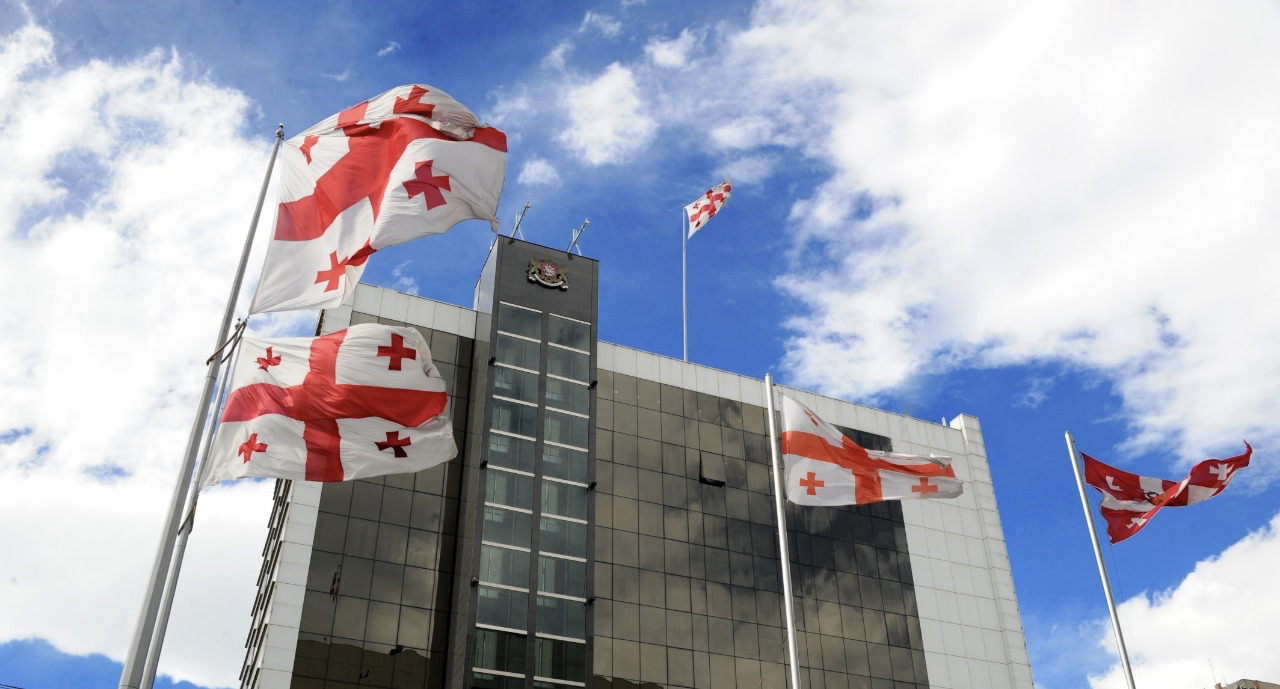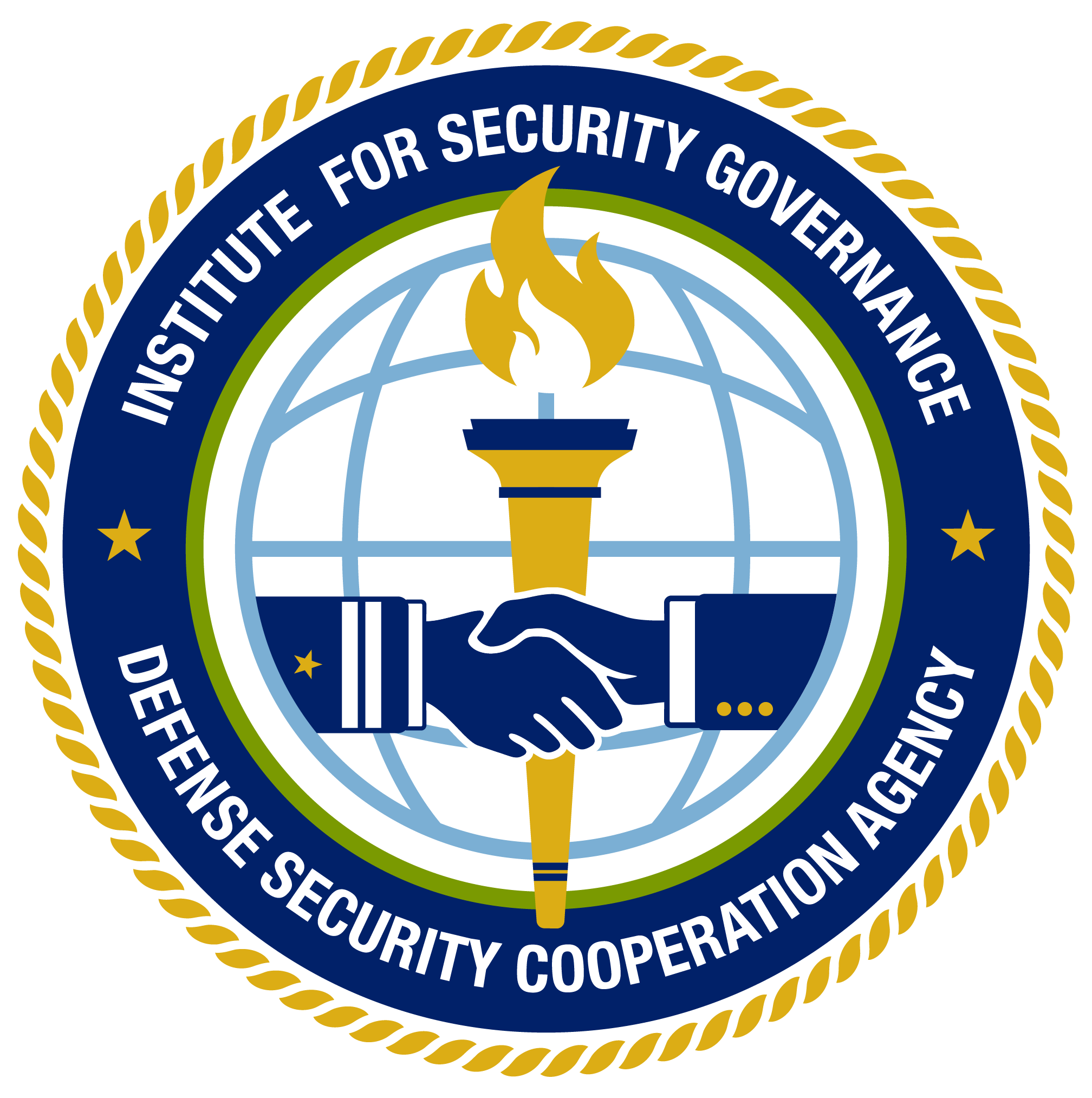ISG SUPPORTS GEORGIA TO BUILD ITS TERRITORIAL DEFENSE CAPABILITY - Defense Security Cooperation University

Feb 14, 2022
ISG SUPPORTS GEORGIA TO BUILD ITS TERRITORIAL DEFENSE CAPABILITY
By Gary Espinas, Europe Regional Program Lead
The current buildup of Russian military forces near Ukraine and the prospect of imminent Russian aggression portends serious security concerns for other democratic nations in the region that similarly aspire to gain membership in the North Atlantic Treaty Organization (NATO). Like Ukraine, Georgia is a former Soviet republic bordering the Russian Federation. Georgia seeks to join the community of Euro-Atlantic democracies, not only as a means of strengthening its own security, but to contribute to regional security requirements as well. Indeed, Georgian military forces have participated in several NATO-led operations, including the Kosovo Force (KFOR), International Security Assistance Forces (ISAF) in Afghanistan, and the maritime operations Active Endeavor and Sea Guardian. Since the 2008 Summit in Bucharest, when NATO leaders welcomed both Ukraine’s and Georgia’s Euro-Atlantic aspirations – agreeing that both countries will become members of the alliance – Ukraine and Georgia have taken considerable steps to meet defense reform goals and demonstrate a shared commitment to Euro-Atlantic values.
Georgian military forces have participated in several NATO-led operations, including the Kosovo Force (KFOR), International Security Assistance Forces (ISAF) in Afghanistan, and the maritime operations Active Endeavor and Sea Guardian.
In support of U.S. national security goals, the U.S. Department of Defense (DoD) has made significant contributions to the Georgian Ministry of Defense (MoD) and Georgian Defense Forces (GDF) in their defense capability modernization efforts. From 2018 to 2021, the focal point of bilateral Security Cooperation (SC) was the Georgia Defense Readiness Program (GDRP), a major effort to build Georgia’s territorial defense capability. GDRP enhanced Georgia’s ability to generate combat-ready forces for territorial defense and other assigned missions and was an important pillar of the U.S.-Georgia strategic partnership. A follow-on activity to GDRP is the Georgia Defense and Deterrence Enhancement Initiative (GDDEI), which continues bilateral efforts to enable Georgia to become fully capable of meeting its defense requirements. A significant component of GDDEI is institutional-level assistance, which facilitates and further develops capabilities in defense transformation, strategic planning, life cycle management, human resources, and military education.
The Institute for Security Governance (ISG) – situated within the Defense Security Cooperation University’s (DSCU) International School of Education and Advising (ISEA), and the DoD’s lead implementor for Institutional Capacity Building (ICB) – leads the effort in Georgia that supports GDDEI. ISG’s Resident Advising Program – more commonly known as the Ministry of Defense Advisors (MoDA) Program – has deployed four Resident Advisors to Tbilisi to work alongside MoD and GDF counterparts on defense reform projects. These projects include organizational change management, resource management, maritime domain awareness, and the Substantial NATO-Georgia Package (SNGP), which is the main vehicle for practical cooperation between Georgia and NATO. Resident Advisors are typically deployed to Partner Nations for 12-24 months, enabling them to build strong relationships with Partners and to collaboratively develop enduring, local solutions that are essential for effective ICB.
An example of the impactful work led by an ISG Resident Advisor is the ongoing organizational change management program in Georgia. In 2021, ISG launched the organizational change management project with an inaugural meeting between the Georgian Minister of Defense, the Chief of the Georgian Defense Forces, the U.S. Ambassador to Georgia, and senior leaders from the Office of the Secretary of Defense and U.S. European Command. The Honorable James Locher – the architect behind the Goldwater-Nichols DoD Reorganization Act of 1986 – facilitated the discussion as ISG’s lead subject matter expert. During the discussions, the Georgian and U.S. participants jointly recognized that change management principles and approaches are essential to enabling effective defense transformation, and the MoD and GDF have since taken practical, substantive steps in this direction. ISG’s deployed Resident Advisor currently oversees the effort as lead advisor, with Mr. Locher contributing considerable intellectual depth. ISG complements the effort by providing episodic, Non-Resident Advising support.
An example of the impactful work led by an ISG Resident Advisor is the ongoing organizational change management program in Georgia.
With the large concentration of Russian military forces posted on the Ukrainian border which is an act of clear coercion, increased focus has been placed on providing military aid to enhance the security capacity and capabilities of the Ukrainian armed forces. As in Ukraine, the U.S. government provides Georgia with defensive military equipment, such as Javelin anti-tank missiles. In both countries, ICB has been an important, albeit less visible component of Security Cooperation, though it is often mistakenly associated exclusively with arms transfers. In addition to helping Partners modernize military equipment, ICB supports Partner Nations in developing effective government processes, encourages civilian control of the military, and builds a full-spectrum, durable security capability. This enables Partners to achieve not only their own strategic security objectives, but also enhances overall U.S. security, maximizing its overall return on investment. ICB is an important tool that is helping build Georgia’s defense capability and resilience – a vital task that takes on additional emphasis in the long shadow of Russia’s aggressive behavior.

